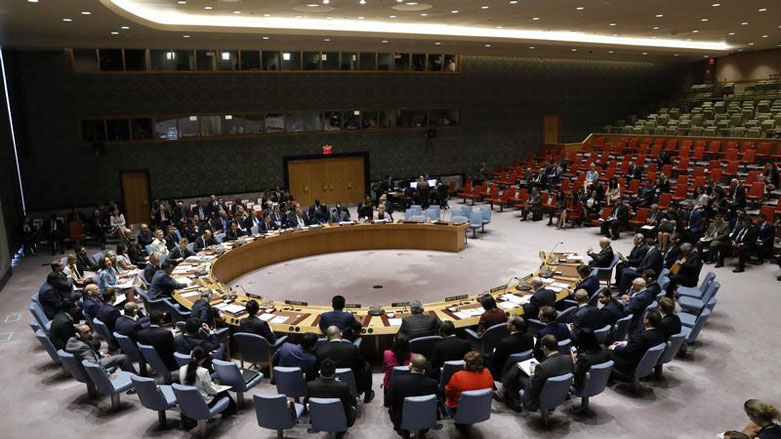HRW: UN investigation into Iraq war crimes should be expanded

ERBIL (Kurdistan 24) – Human Rights Watch announced on Friday that a new United Nations (UN) investigation of crimes committed by the Islamic State (IS) in Iraq was too narrow in scope, and would add to the impunity of other groups in Iraq accused of atrocities in recent years.
“In limiting the team’s focus, the Security Council effectively gave cover to one-sided justice in Iraq,” said a statement released by the international human rights watchdog.
“Though this new investigation could help further expose violations by ISIS and identify those responsible, it should not serve as an excuse to delay inquiries into crimes by all sides.”
During the war with IS in Iraq, human rights groups and others have made charges of ethnic cleansing, mass disappearances, extrajudicial killings, and others against multiple Iran-backed Hashd al-Shaabi militias, Iraqi police, Iraqi military forces, elite Iraqi counter-terrorism units, and Peshmerga forces.
Earlier on Friday, the UN secretary-general appointed war crimes investigator Karim Khan to head a team tasked with collecting and preserving evidence of serious crimes committed by IS in Iraq, two days after the UN Security Council held a special session on Iraq.
The team was created based on a Security Council resolution unanimously adopted in September, mandating its members document serious crimes committed by IS, but failed to include abuses, including war crimes against civilians, by other forces in the conflict, says the rights group.
"While an initiative aimed at addressing the atrocities committed by ISIS is a positive first step to support accountability efforts in Iraq, it falls short of the comprehensive approach that would be needed to end the selective justice that has plagued Iraq for decades," the statement read.
It continued, making the point that such efforts needed to be coordinated within the context of Iraq's criminal justice system, saying, "the ongoing lack of impartial justice in Iraq threatens to open new divisions at a moment when the Iraqi government has a unique opportunity to move the country toward meaningful reconciliation."
As part of this reconciliation, said Human Rights Watch, Iraq should "take a more victim-centered approach to national accountability efforts."
"Iraq is prosecuting thousands of detainees under counterterrorism legislation for their affiliation with ISIS. But it has not charged any suspects for serious international crimes such as crimes against humanity, war crimes, or genocide – which are not criminal offenses under Iraqi law – or even specific violent crimes like murder, rape, or slavery – which are."
"The authorities have made no efforts," charged the rights group, "to solicit victims’ participation in the trials."
